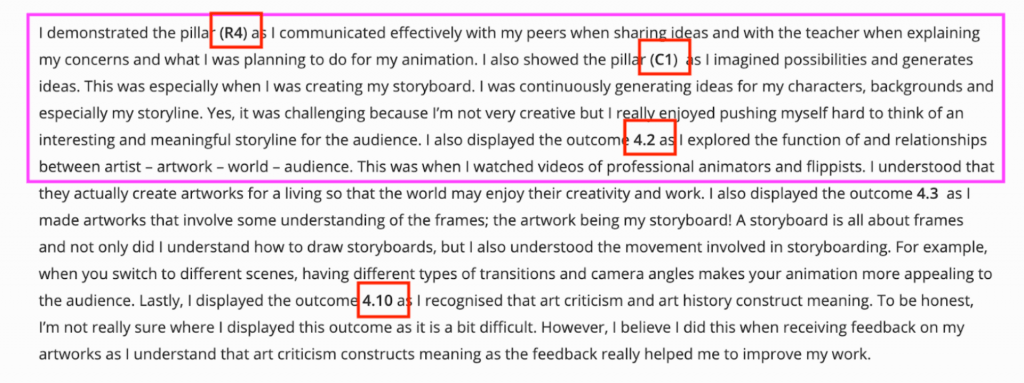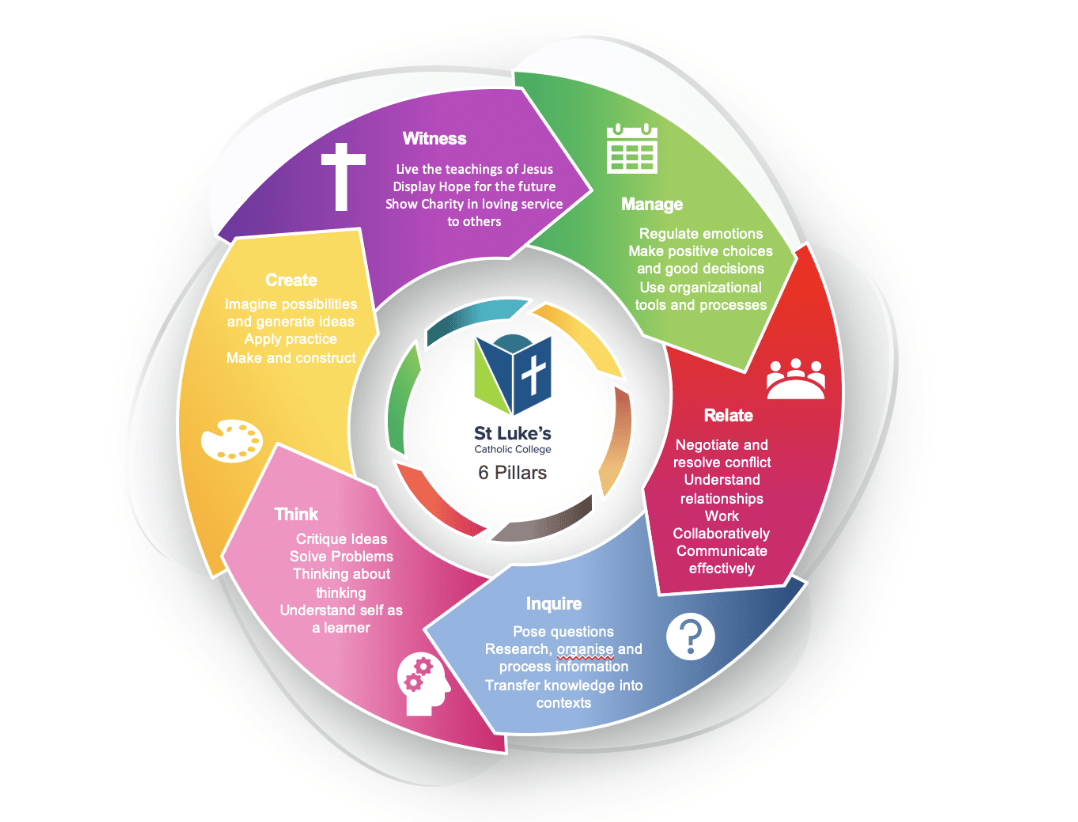Flexible assessment
At St Luke’s Catholic College, Marsden Park, our vision is to nurture faith filled curious children to be creative contributors and innovative problem solvers. St Luke’s began in 2017 with an agenda to change the format of education to allow students to follow their passions, and to challenge traditional school processes. While working within a framework of inquiry, project based and problem based learning, assessment in many schools still looks like a “traditional” assessment where every student does the same thing, disregarding interest, ability or choice. At St Luke’s, we have redesigned the assessment process to align with strict state and federal requirements, but to focus on student choice, cross key learning area and bringing in things that students do outside of the classroom.
At St Luke’s, there’s no marks, no grades, no exams, and students can choose to disregard set tasks, so long as they can demonstrate achievement of the outcomes. Students can bring forth, with mentoring from teachers, any evidence that they wish to demonstrate this. This requires students to explain how they meet particular course outcomes and capabilities but may use evidence from anything inside or outside of school to do so. Can we do better at this? Absolutely, but the push is there at the moment. We’d like to see more students take this up with the extensive portfolio of things that they do outside of school.
Each unit of work comes with an assessment outline that includes the following statement
|
For each unit of work, students are expected to construct a blog post that explains how they’ve met the outcomes and pillars within that unit of work. This was meant to be a summative reflection of their work, but has become so much more than that with incidentally, students understanding and unpacking the syllabus outcomes explicitly, leading to a greater understanding and visibility of what students need to know and have learnt. This also serves as a great portfolio for us in terms of student writing, and student growth in writing has been substantial particularly in stage 4: with blogs, coaching of teachers by our IL: Literacy, and tools such as Scribo to support and assist teachers in understanding what good writing, and good writing teaching looks like.
Students develop over time, a portfolio of work, published publicly and to parents, of examples and evaluations of their best work. This leads to twice a year students presenting in student led conferences with their parents and a teacher, focussing on the achievement of students over the year, centred around their strength across capabilities. This along with student reports, serve to bring prominence to social and enterprise skills expressed in our 6 pillars

